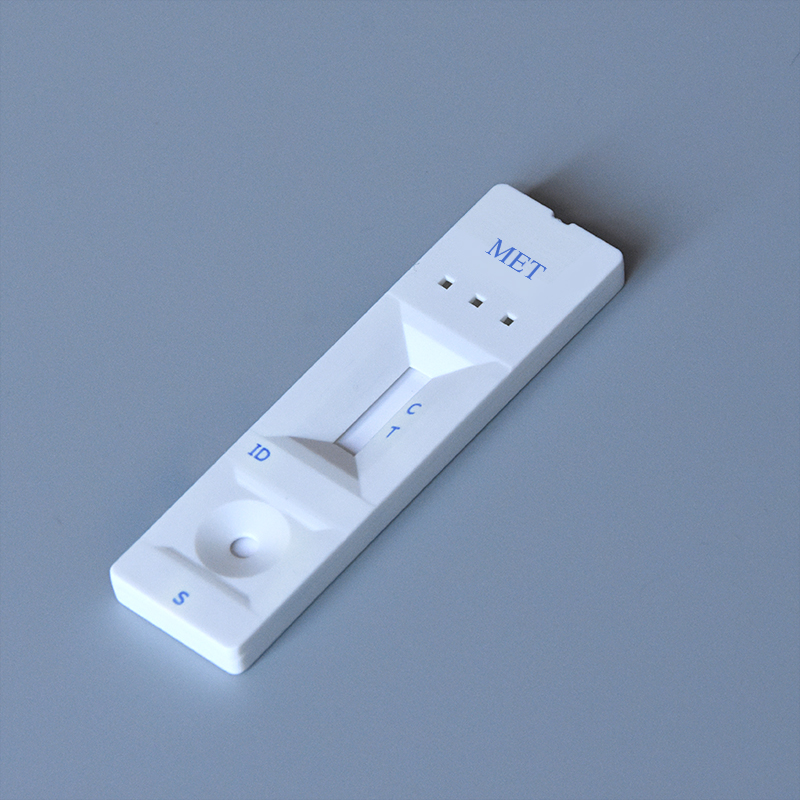Nov . 11, 2024 08:21 Back to list
wholesale hiv kits
The Rise of Wholesale HIV Kits Expanding Access to Testing and Treatment
In recent years, there has been a substantial shift in the approach to managing and preventing HIV. One of the most significant developments is the rise of wholesale HIV kits, which are revolutionizing the landscape of HIV testing and treatment. In this article, we will explore the benefits of wholesale HIV kits, their impact on public health, and the implications for individuals and healthcare systems alike.
Understanding Wholesale HIV Kits
Wholesale HIV kits are comprehensive packages that include materials and resources for testing, counseling, and often treatment for HIV. These kits may contain HIV testing devices, educational materials, and sometimes even medication for patients who test positive. The goal is to provide an all-in-one solution that can be easily distributed and accessed by healthcare providers, NGOs, and community organizations.
The ability to purchase HIV kits in bulk allows healthcare providers to significantly reduce costs. This is particularly important in low-resource settings where healthcare budgets are tight, and the demand for testing far exceeds supply. By lowering the cost per unit, wholesale HIV kits enable more widespread distribution and access to testing for individuals who may otherwise go untested.
Increasing Accessibility
One of the largest barriers to HIV testing is accessibility. Traditional testing methods often require clinic visits, which can be a barrier for many individuals due to stigma, transportation costs, or inadequate healthcare infrastructure. Wholesale HIV kits mitigate these obstacles by allowing for more decentralized testing approaches. Community health workers can distribute these kits in remote or underserved areas, making testing available to populations who may be at higher risk for HIV but have limited access to traditional healthcare services.
In addition, these kits can be used for outreach programs in various settings, including schools, workplaces, and community centers. This proactive approach not only increases the number of people being tested but also raises awareness about HIV, reducing stigma and promoting sexual health education.
wholesale hiv kits

Empowering Individuals
Wholesale HIV kits empower individuals by putting the means of testing and treatment into their own hands. Self-testing kits allow individuals to conduct their tests privately in the comfort of their own homes, offering a sense of autonomy and control. This is particularly important for populations that may fear discrimination or judgment, such as LGBTQ+ individuals or sex workers.
By making self-testing a viable option, wholesale HIV kits encourage individuals to take charge of their health. They provide an opportunity for early detection of HIV, which is critical for effective treatment and prevention of transmission. Individuals who test positive can seek medical help sooner, leading to better health outcomes and reducing the risk of infecting others.
Supporting Public Health Initiatives
In the fight against the HIV epidemic, public health initiatives play a crucial role. Wholesale HIV kits align with many global health strategies, including the United Nations’ 90-90-90 targets, which aim for 90% of people living with HIV to know their status, 90% of those diagnosed to receive sustained antiretroviral therapy, and 90% of those on treatment to achieve viral suppression by 2020.
By facilitating widespread testing and treatment, wholesale HIV kits contribute to these targets and help nations track their progress in tackling the epidemic. Moreover, they can be integrated into comprehensive public health responses that include education, prevention, and support services, creating a holistic approach to HIV management.
Conclusion
The rise of wholesale HIV kits is a game changer in the management of HIV/AIDS. By increasing accessibility, empowering individuals, and supporting public health initiatives, these kits have the potential to make a significant impact on the prevalence of HIV. As we move forward, it is essential that stakeholders, including governments, NGOs, and healthcare providers, collaborate to ensure that these kits are effectively distributed and integrated into broader healthcare strategies. By doing so, we can work toward a future where HIV testing and treatment are accessible to everyone, ultimately leading to a reduction in new infections and improved health outcomes for individuals living with HIV.
-
Premium Empty ABS Plastic Cassettes: Durable & Lightweight Storage
NewsAug.01,2025
-
Accurate Cocaine (Coc) Rapid Test Kit | Fast & Reliable Detection
NewsJul.31,2025
-
Accurate HCG Pregnancy Test Strips | Fast Home Use Kit
NewsJul.31,2025
-
Reliable Early Pregnancy Test Kit Supplier - Multi Plastic Cassette Options
NewsJul.30,2025
-
Transferrin Rapid Test Cassette – Reliable Tumor Marker Detection
NewsJul.29,2025
-
Accurate Follicle Stimulating Hormone Test Kit | Rapid Reliable Results
NewsJul.29,2025

